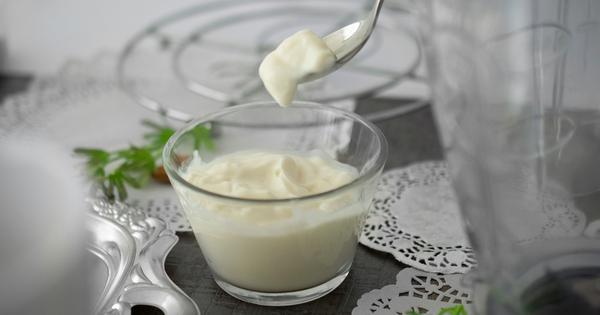Exploring the connection between gut microbiome diversity and long-term health benefits.
Research into the gut microbiome has revealed significant insights into how our dietary choices can influence long-term health. A recent study highlighted the microbiome of María Branyas Morera, who lived to be 117 years old. This study showcased a rich diversity of beneficial bacteria in her gut, suggesting that nurturing our microbiome might be an effective way to promote health throughout our lives.
Branyas’s gut microbiome was particularly noteworthy for its high levels of Bifidobacterium, a beneficial bacterium that typically declines in older adults. The study compared her microbiome with those of individuals who did not reach such advanced ages. While genetic factors were also considered, the researchers emphasized the role of diet and lifestyle in shaping gut health.
The gut microbiome comprises a vast community of microorganisms, including bacteria and fungi, which play essential roles in digestion, immune function, and even brain communication. As individuals age, it is common for their gut microbiomes to lose diversity, leading to a decrease in beneficial microbes, which has been associated with increased frailty. However, Branyas’s microbiome maintained a youthful diversity, which may have contributed to her longevity.
Her diet likely played a crucial role in this. Branyas consumed three yoghurts daily, each containing live bacteria that support the growth of Bifidobacterium. Additionally, she adhered to a Mediterranean diet known for promoting gut microbiome diversity and overall health. Foods that support the growth of Bifidobacterium include not only yoghurt but also kefir, kombucha, and fermented vegetables like kimchi and sauerkraut.
Probiotics, the live bacteria found in these foods, require fuel to thrive, which comes from prebiotics. These are dietary fibers found in foods such as onions, garlic, leeks, asparagus, bananas, oats, and legumes. Together, probiotics and prebiotics create a balanced microbiome. While the study focused on a single individual, it underscores the importance of a diverse gut microbiome in supporting health and resilience.
The researchers caution against attributing Branyas’s exceptional longevity solely to her microbiome. Factors such as protective genes, an efficient metabolism, and low inflammation likely also played vital roles. Current microbiome research is rapidly evolving, yet no definitive profile of the ‘ideal’ microbiome exists. Generally, greater diversity is linked to improved health, but there is no singular path to a long life.
Branyas’s experience reinforces a growing consensus: nurturing a diverse and beneficial microbiome can lead to better health outcomes. Although genetic factors are beyond our control, we can take active steps to support our gut microbes. Eating fermented foods, including live yoghurts, kefir, and various vegetables, alongside a diet rich in fruits, legumes, and whole grains, can provide the necessary prebiotics for healthy microbes.
Adopting a Mediterranean-style diet, characterized by an abundance of vegetables, fruits, whole grains, and healthy fats, has been consistently linked to enhanced microbiome diversity and reduced disease risks. While these dietary habits may not guarantee extreme longevity, they are associated with lower risks of conditions such as cancer, type 2 diabetes, and cardiovascular diseases. Ultimately, María Branyas Morera’s life serves as a reminder that longevity is influenced by a complex interplay of genetics, lifestyle, and biology, with gut health being a vital component of this equation.







